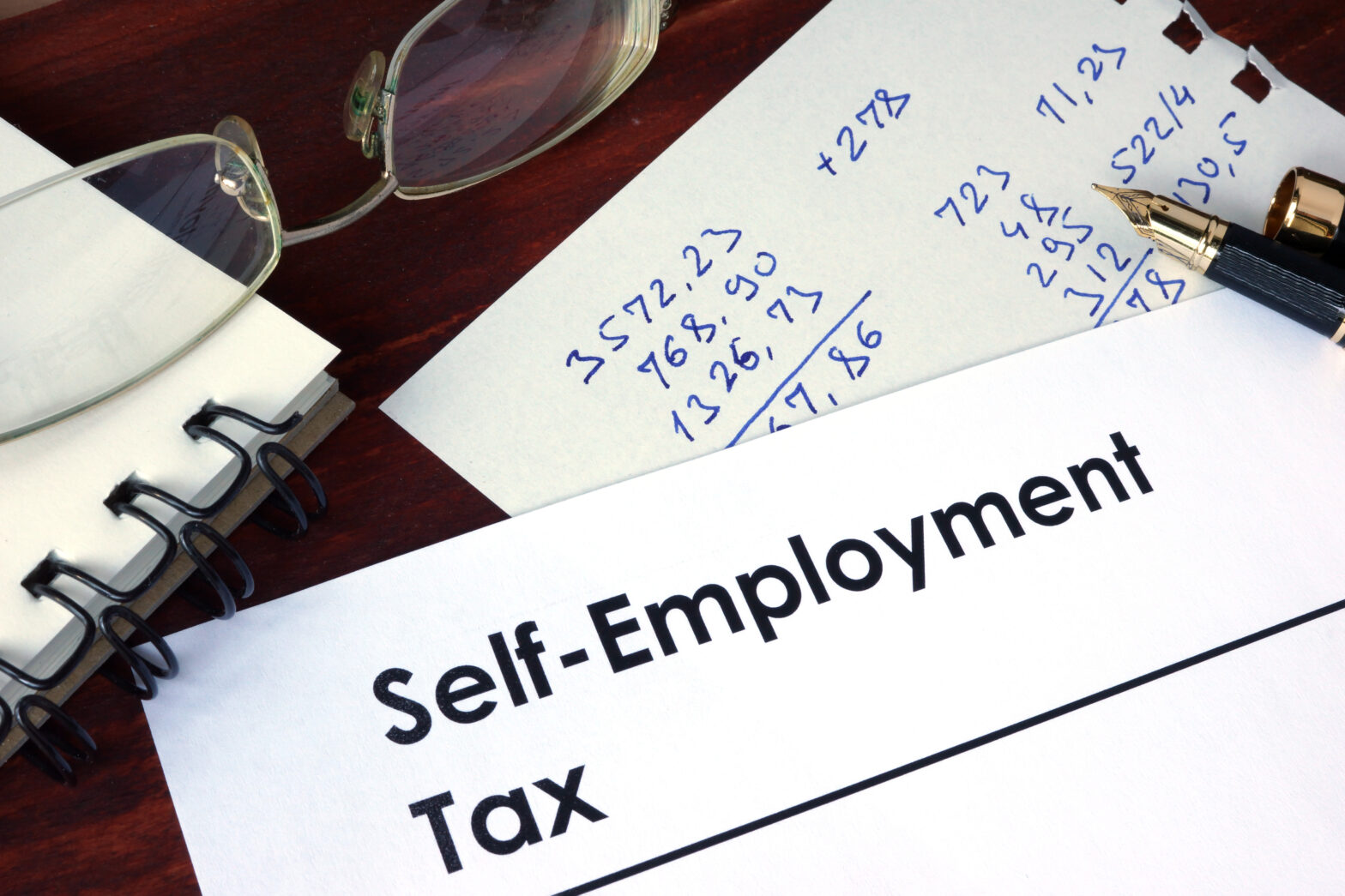Millions of self-employed will not have to start reporting their tax income quarterly to the taxman from April 2023 as planned.
Bowing to pressure, ministers have postponed overhauling personal tax for the self-employed for another year, in what has been called the biggest shakeup in 25 years.
Making Tax Digital was scheduled to make 4.3m self-employed and small business owners keep digital records and report their income to HMRC every quarter rather than annually from April 2023.
Instead, the measures will now come into place in April 2024, the Government announced on Thursday.
Self-employed tax burden
Ministers have bowed to pressure after complaints that rolling out Making Tax Digital to any self-employed person earning over £10,000 a year would be another administrative burden coming on top of coronavirus and the shaky recovery.
“The government recognises the challenges faced by many UK businesses and their representatives as the country emerges from the pandemic over the past year,” Lucy Frazer, newly appointed financial secretary to the Treasury, said in a written ministerial statement.
HMRC is pushing for the self-employed to complete their tax returns every quarter to reduce the number of inaccuracies – either accidental or deliberate.
Of course, more accurate reporting will also help close the £35bn tax gap – the difference between what the Treasury is owed and what it is paid.
The Treasury also said that it was halting for a year plans to force sole traders to align their accounting dates with the rest of the country.
At present, many sole traders declare April 30 as the end of their accounting year, which means that their tax liabilities are not payable until the end of that tax year, 11 months later.
The measure to alter this was expected to affect 280,000 sole traders.
This reform of the so-called basis period rules, which is likely to bring in billions of pounds into the Treasury years before it would otherwise have received the money, was set to take effect from April 2022.
Andy Chamberlain, director of policy at IPSE, an association which represents the self-employed, told the Financial Times that the delay would provide “much-needed breathing space before another painful hit to the self-employed”.
Martin McTague, national vice-chairman at the Federation of Small Businesses, told the Times: “This move will provide millions of sole traders with a measure of breathing space and some encouragement in a climate beset by spiralling energy costs, supply chain disruption and high levels of debt.”





